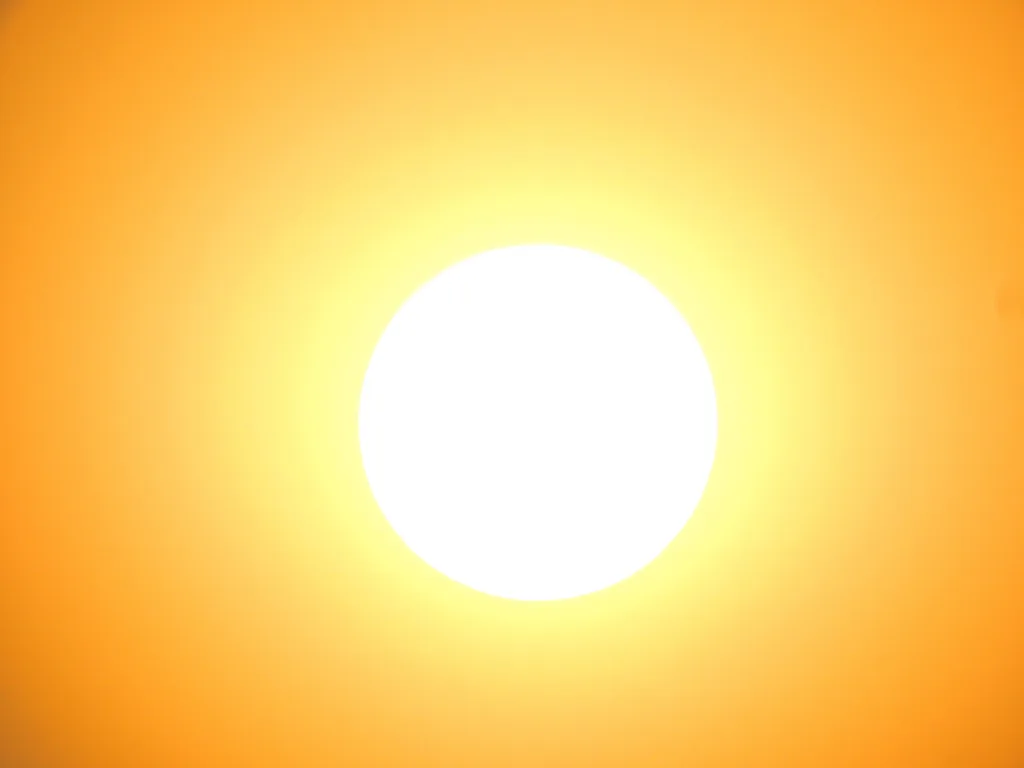The Sun is the star at the center of our solar system and is undoubtedly one of the most important elements of our ecosystem. It is responsible for providing heat, light, and energy to all living organisms on Earth. However, many people wonder whether the Sun is biotic or abiotic.
To answer this question, we must first understand the difference between biotic and abiotic components of an ecosystem. Biotic factors are living or once-living organisms in the ecosystem, while abiotic factors are non-living parts of the environment, such as water, air, and soil.
Based on this definition, it is clear that the Sun is an abiotic factor. It is a massive ball of gas and plasma, composed mainly of hydrogen and helium, and is not a living organism. It is a part of the physical environment that surrounds us and plays a critical role in the functioning of our ecosystem.
The Sun’s energy is essential for photosynthesis, the process by which plants convert sunlight into food. Without photosynthesis, life on Earth would not be possible. In addition, the Sun’s energy drives the water cycle, which is crucial for the growth and survival of all living organisms.
It is also important to note that the Sun’s energy is not just limited to the visible light that we see. It emits a range of electromagnetic radiation, including ultraviolet radiation, X-rays, and radio waves. While some of these forms of energy can be harmful to living organisms, they are still an essential part of our ecosystem.
The Sun is an abiotic factor that plays a critical role in the functioning of our ecosystem. It provides the energy necessary for photosynthesis and drives the water cycle, amog other essential processes. Understanding the role of abiotic factors like the Sun is crucial for understanding the complex interactions that make up our ecosystem.
Is The Sun Considered Biotic?
The sun is not considered biotic. Biotic factors are living or once-living organisms in the ecosystem, whereas the sun is an abiotic factor. The sun is a non-living component of an ecosystem that provides energy to living organisms through photosynthesis, which is a process used by plants to convert sunlight into food. Therefore, it can be concluded that the sun is not a biotic factor.

Why Is The Sun Not Biotic?
The sun is not considered biotic because it is a non-living component of the ecosystem. Biotic factors refer to living things such as plants and animals, while abiotic factors refer to non-living components such as air, water, and soil. Since the sun is not a living organism, it falls under the category of abiotic factors. It provides energy to living organisms through photosynthesis and is essential for their survival, but it is not considered a living thing. Therefore, the sun is classified as an abiotic factor in an ecosystem.
Is Abiotic Or Biotic?
Abiotic and biotic are two different components that make up an ecosystem. Abiotic factors are non-living things such as water, air, sunlight, temperature, and soil that influence the living organisms within the ecosystem. Biotic factors, on the other hand, refer to the living organisms in an ecosystem such as plants, animals, fungi, and bacteria. These biotic factors interact with each other and with the abiotic factors to maintain a balanced ecosystem. Therefore, both abiotic and biotic factors are equally important in the functioning of an ecosystem.
Conclusion
The sun is a vital abiotic factor that plays a crucial role in supporting life on earth. It provides heat and light energy, which are essential for the survival of plants, animals, and humans. The sun’s energy is used for photosynthesis, the process by which plants create their food, and it also helps regulate the earth’s climate. However, excessive exposure to the sun’s ultraviolet rays can be harmful to human health, causing skin damage and oher related health issues. Therefore, it is important to strike a balance between enjoying the benefits of the sun and protecting ourselves from its harmful effects. the sun is a magnificent and powerful force that shapes life on earth in countless ways, and we must continue to appreciate and respect its significance.
